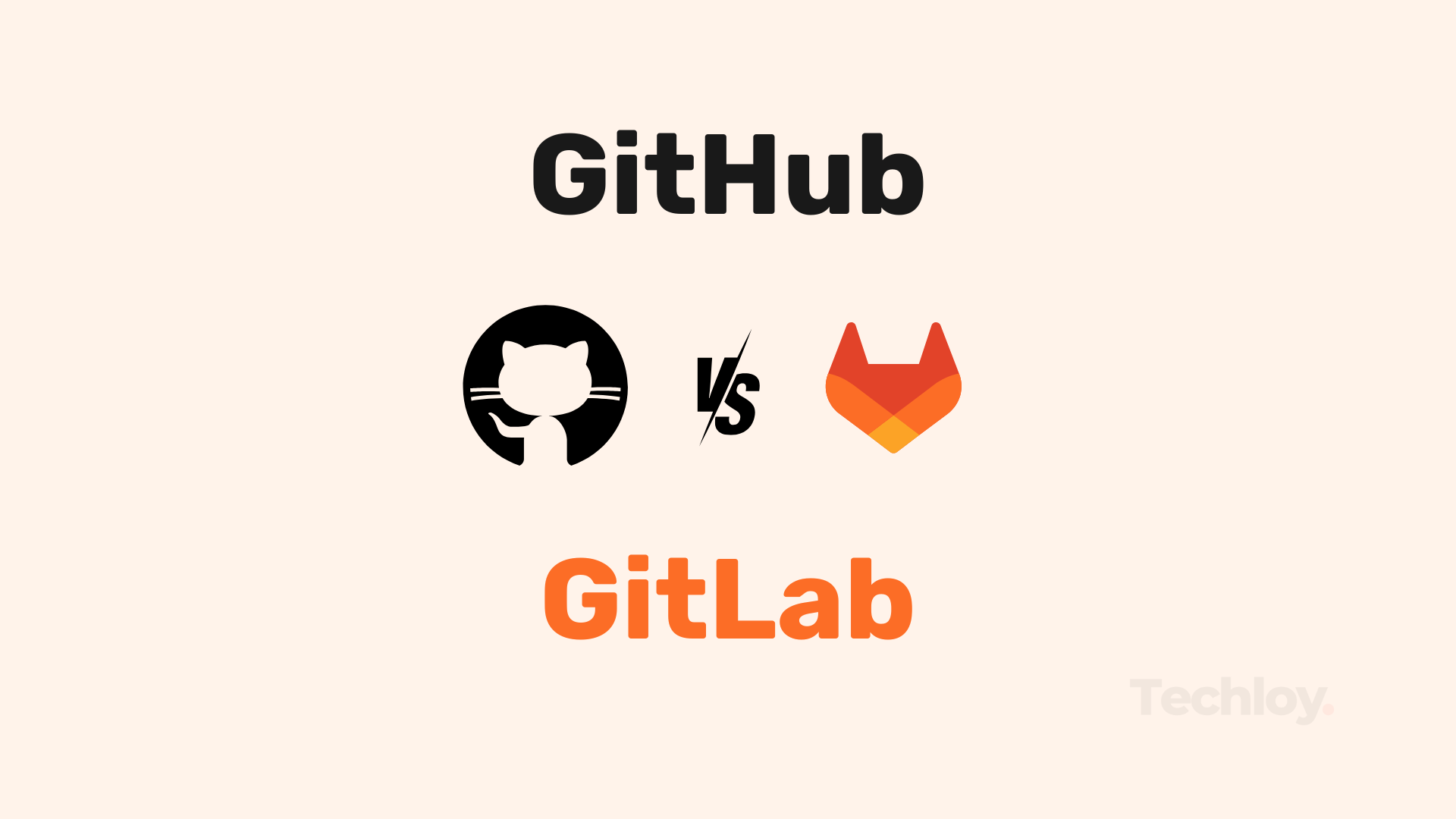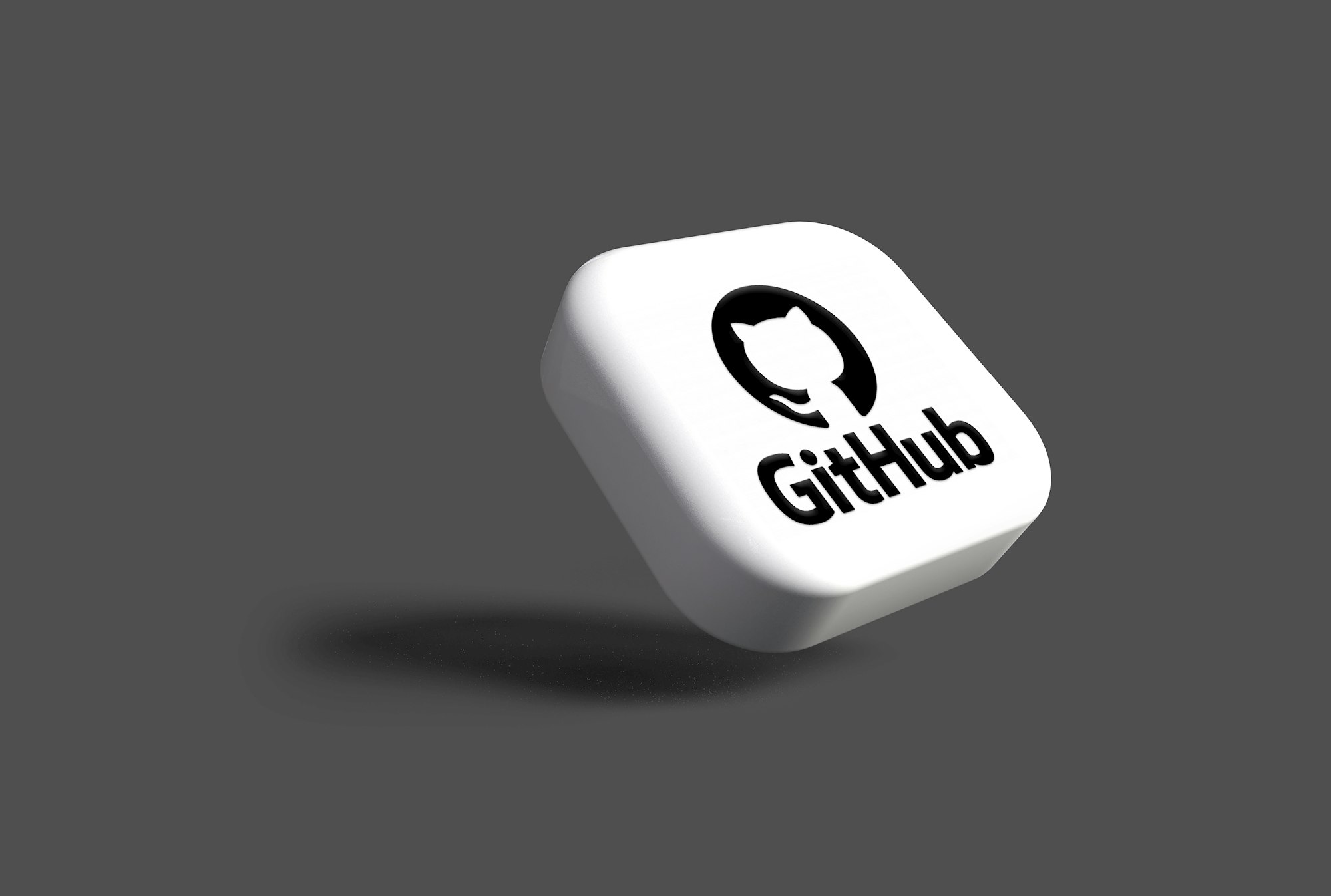INFOGRAPHIC: GitHub vs GitLab: Which platform is right for you in 2024?
Learn how both platforms stack up across key features, from CI/CD to project management, to help you choose the ideal platform for your development needs.
GitHub:
◾️ Extensive third-party integrations
◾️ Large open-source community
◾️ Affordable pricing for small teams and individuals
GitLab:
◾️ Comprehensive, all-in-one DevOps platform
◾️ Advanced project management tools
◾️ Built-in CI/CD with strong security features
GitHub:
◾️ Requires third-party tools for full DevOps functionality
◾️ Limited project management features compared to GitLab
GitLab:
◾️ Higher pricing for enterprise features
◾️ Fewer third-party integrations compared to GitHub
In software development, version control is essential for tracking changes, collaborating with team members, and managing projects efficiently. Two major platforms, GitHub and GitLab, dominate this space, each bringing unique strengths to the table.
With GitHub’s massive community and open-source focus and GitLab’s all-in-one DevOps approach, choosing the right platform depends on your team’s needs, workflows, and priorities.
In this comparison, we’ll explore how GitHub and GitLab differ across key areas like CI/CD, project management, integrations, security, and pricing to help you decide which is the best fit for your project.
What are GitHub and GitLab?
GitHub, founded in 2008 and now part of Microsoft, is a Git-based platform that simplifies collaborative coding and open-source sharing. Known for its user-friendly interface and robust community, GitHub integrates well with third-party applications, making it popular for developers who value flexibility and community-driven projects.
GitLab, on the other hand, was launched in 2011. It was initially developed as an open-source alternative to GitHub but has since evolved into a complete DevOps platform. With built-in CI/CD pipelines, project management tools, and security features, GitLab focuses on providing an integrated experience that supports the entire software development lifecycle. This approach makes it ideal for teams looking to manage everything in one place.
Now, let’s dive into a side-by-side comparison of these two platforms to see which one aligns best with your development goals.








